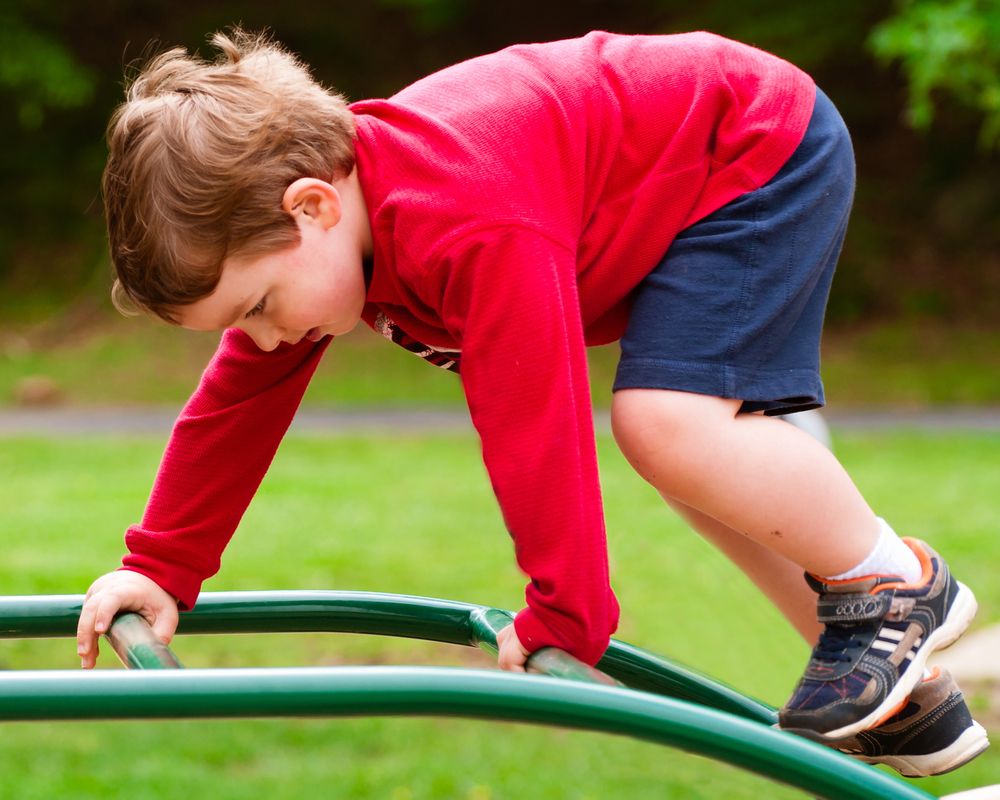
The percentage of U.S. children with of attention-deficit/hyperactivity disorder (ADHD) has risen dramatically in recent years, new research suggests.
In 2011, 6.4 million children between ages 4 and 17 were diagnosed with the disorder, 2 million more than were diagnosed in 2003. All told, that represents 11 percent of children of these ages in the country.
More than two-thirds of children with ADHD were prescribed medication for the disorder, according to the study, published online Nov. 19 in the Journal of the American Academy of Child and Adolescent Psychiatry.
"Early treatment can be a tremendous help to children whose behavior, performance and relationships are being negatively impacted by ADHD," said study researcher Susanna Visser, an epidemiologist at the Centers for Disease Control and Prevention in a statement. "Behavioral therapy should be the first treatment for preschool-aged children diagnosed with ADHD," she said.
Demographic differences
The researchers used a phone survey that asked 95,677 parents across the United States whether their children had ever been diagnosed with ADHD, whether they currently had a diagnosis and whether they were taking medication, among other questions. [10 Things You Didn't Know About the Brain]
More than 4 out of 5 children who had ever been diagnosed with ADHD still had the condition, and of those, 69 percent were taking ADHD medication.
Get the world’s most fascinating discoveries delivered straight to your inbox.
There was wide discrepancy between states: In Arkansas, nearly 15 percent of adolescents and children were diagnosed with ADHD, compared with just 4 percent in Nevada. Children from poorer families were more likely to be diagnosed with the disease, and youngsters from English-speaking families were more than four times as likely to have an ADHD diagnosis.
And as previous research showed, more boys than girls had the disorder, with 1 out of 5 boys, but just 1 out of 11 girls being diagnosed with the condition.
Real rise?
Still, the researchers can't say whether the increase is due to more children actually showing signs of the disorder, or parents and doctors simply becoming better at recognizing and treating ADHD in children. Studies have shown that families that know more about the condition are more likely to have a child with it. Other research shows genetic differences in youngsters with ADHD compared to those without the diagnosis.
"Other factors, such as increased confidence to treat ADHD among clinicians and increased exposure to etiologic factors (e.g., environmental contaminants) may also play a role," the authors write in the paper.
Follow Tia Ghose on Twitter and Google+. Follow LiveScience @livescience, Facebook & Google+. Original article on LiveScience.

Tia is the editor-in-chief (premium) and was formerly managing editor and senior writer for Live Science. Her work has appeared in Scientific American, Wired.com, Science News and other outlets. She holds a master's degree in bioengineering from the University of Washington, a graduate certificate in science writing from UC Santa Cruz and a bachelor's degree in mechanical engineering from the University of Texas at Austin. Tia was part of a team at the Milwaukee Journal Sentinel that published the Empty Cradles series on preterm births, which won multiple awards, including the 2012 Casey Medal for Meritorious Journalism.


